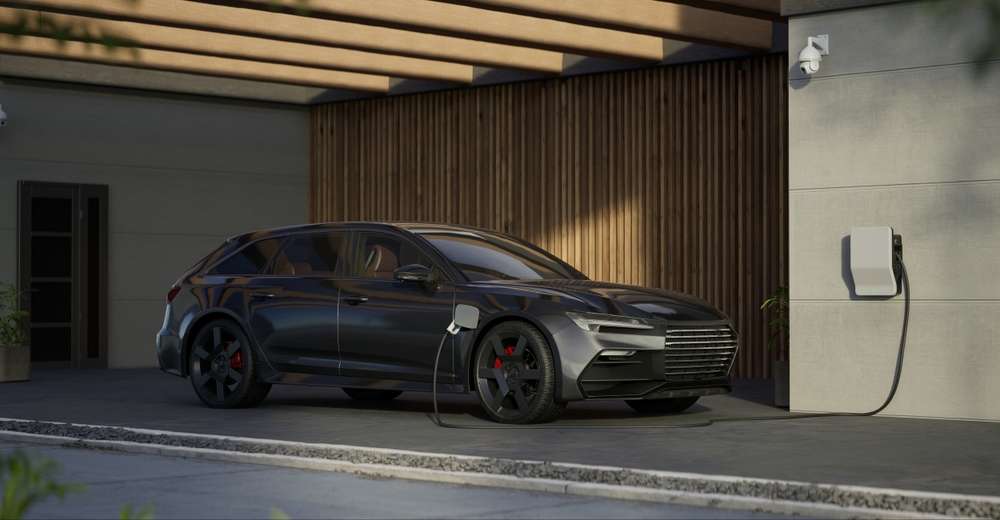What’s Changing in Residential Power Systems and Home Wiring
The landscape of residential power systems and home wiring is evolving rapidly, driven by technological advancements, energy efficiency concerns, and changing consumer needs. These developments are reshaping the roles of electricians and creating new opportunities in the field. As homeowners seek to modernize their electrical systems, the demand for skilled professionals continues to grow.

What are the latest trends in residential power systems?
Residential power systems are undergoing significant transformations. Smart home technology integration is becoming increasingly common, with homeowners seeking to control lighting, heating, and appliances through connected devices. Solar panel installations are on the rise as more households aim to reduce their carbon footprint and energy costs. Additionally, the growing popularity of electric vehicles has led to an increased demand for home charging stations, requiring specialized wiring and circuit installations.
How are licensed electrician roles for residential work changing?
Licensed electricians specializing in residential work are adapting to these new technologies and demands. They are now expected to have expertise in installing and maintaining smart home systems, integrating renewable energy sources, and setting up EV charging infrastructure. This expanded skill set has led to more diverse and specialized roles within the field. Electricians are increasingly collaborating with other professionals, such as HVAC technicians and home automation specialists, to provide comprehensive solutions for modern homes.
What can homeowners expect from house rewiring jobs?
House rewiring jobs have become more complex and comprehensive. Homeowners can expect a thorough assessment of their existing electrical system, including the main panel, circuit breakers, and wiring throughout the house. Modern rewiring projects often involve upgrading to higher capacity systems to accommodate increased power demands from modern appliances and electronics. The process may also include the installation of smart switches, outlets, and energy monitoring systems. Homeowners should be prepared for some disruption during the rewiring process, as it may require access to walls and ceilings.
Are there entry-level positions in home electrical maintenance?
The field of home electrical maintenance offers several entry-level positions for those looking to start their careers. Apprentice electricians work under the supervision of licensed professionals, gaining hands-on experience in residential electrical systems. Entry-level roles may include assisting with basic installations, conducting safety inspections, and learning to troubleshoot common electrical issues. These positions provide a foundation for future career growth and specialization within the residential electrical sector.
What training options are available for home electrical service?
Training options for home electrical service have expanded to meet the evolving needs of the industry. Traditional apprenticeship programs remain a popular path, combining on-the-job training with classroom instruction. Vocational schools and community colleges offer specialized courses in residential electrical systems, often including hands-on labs and simulations. Online courses and certifications are also available, covering topics such as smart home technology, renewable energy integration, and electrical code compliance. Continuing education is crucial in this field, as technologies and regulations frequently change.
How do salaries compare for different residential electrician roles?
Salaries for residential electricians can vary based on experience, specialization, and location. Here’s a comparison of estimated annual salaries for different roles in the field:
| Role | Experience Level | Estimated Annual Salary Range |
|---|---|---|
| Apprentice Electrician | Entry-level | $30,000 - $40,000 |
| Journeyman Electrician | Mid-level | $45,000 - $65,000 |
| Master Electrician | Advanced | $70,000 - $95,000 |
| Smart Home Specialist | Specialized | $60,000 - $85,000 |
| Solar Installation Electrician | Specialized | $55,000 - $80,000 |
Prices, rates, or cost estimates mentioned in this article are based on the latest available information but may change over time. Independent research is advised before making financial decisions.
The field of residential power systems and home wiring continues to evolve, offering exciting opportunities for electricians at all levels. From smart home integration to renewable energy solutions, the industry demands a diverse skill set and ongoing education. As technology advances and energy efficiency becomes increasingly important, the role of residential electricians will remain crucial in shaping the homes of the future.






